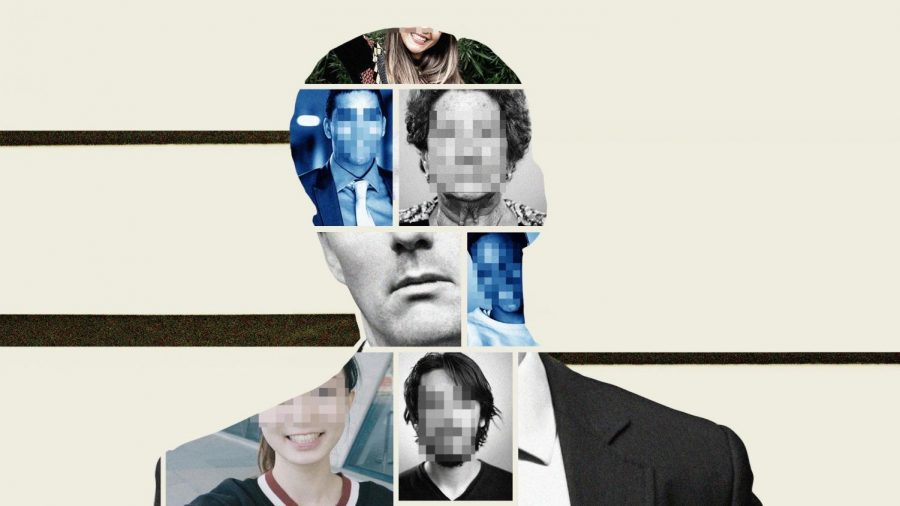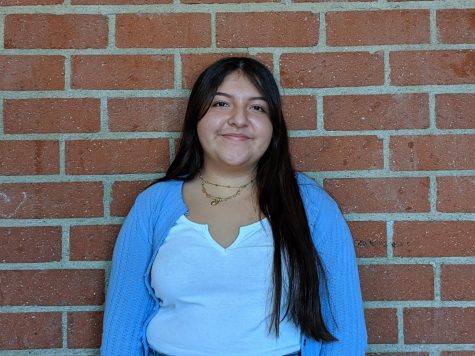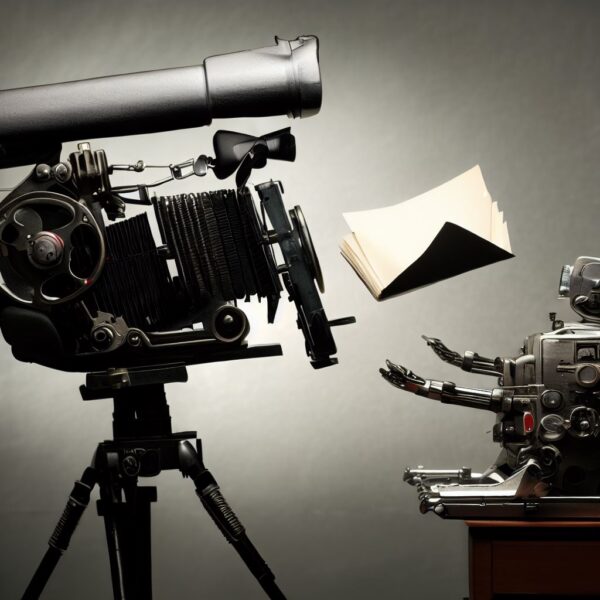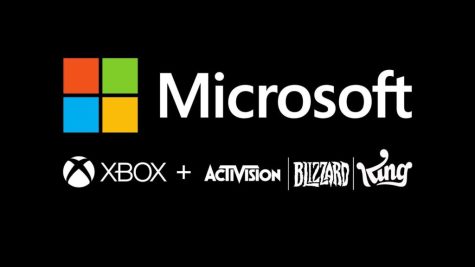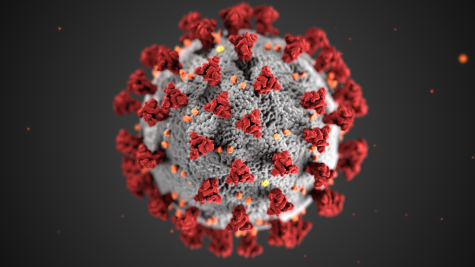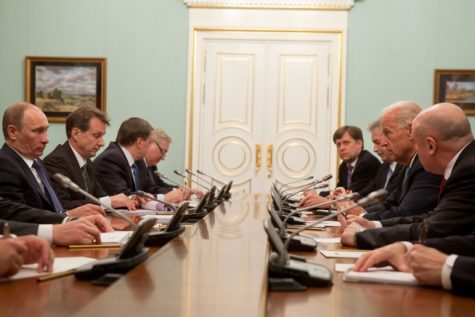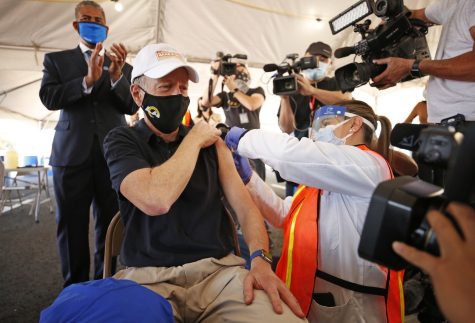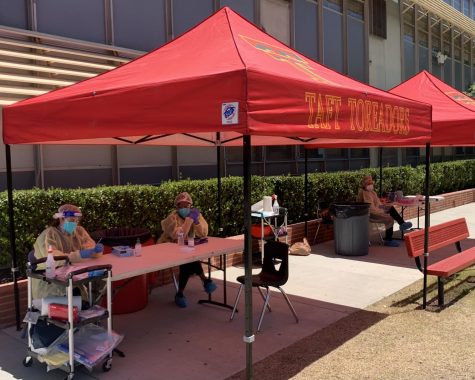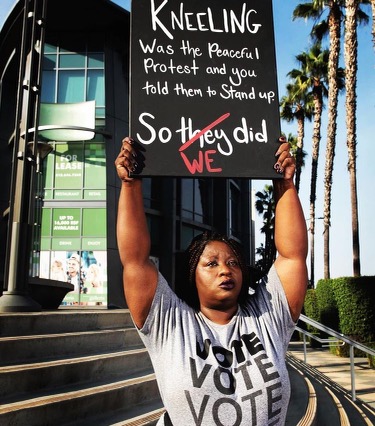New Facial Recognition App “Might Lead to a Dystopian Future”
An app called Clearview AI created by Hoan Ton-That and Richard Schwartz has recently been under fire due to people being concerned of it’s privacy invasion. Clearview AI is a facial recognition app currently used by law enforcement that allows enforcement to take a picture of a person which then leads them to see public photos of the person they took a photo of as well as any links to where the photos show up. The way Clearview work gets the photos is their system where their database is “more than three billion images that Clearview claims to have scraped from Facebook, YouTube, Venmo and millions of other websites — goes far beyond anything ever constructed by the United States government or Silicon Valley giants.” said the New York Times
The app is currently being used by police departments, FBI, and Department of Homeland Security Law which have helped to identify suspects in many crimes. In order to use the app “users need a law enforcement email address to sign up for the service.” Now more than 600 law enforcement agencies have embraced it in the past year. Law enforcement workers are not the only people who have access to the app. Many companies have been given the app by Clearview for security purposes.
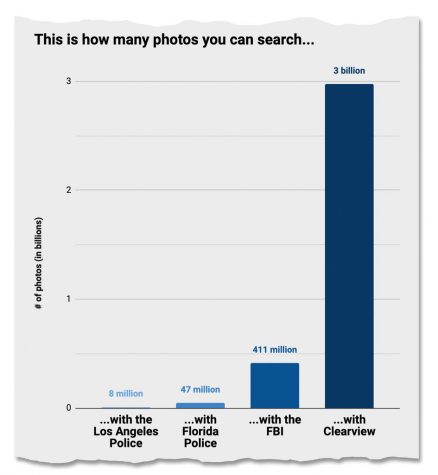
A chart from marketing materials that Clearview gave to law enforcement.
Although the app has helped law enforcement to identify suspects in crime there are still lots of concerns about it. Privacy advocates worry “the app could return false matches to police and that it could also be used by stalkers and others. They’ve also warned that facial recognition technologies, in general, could be used to conduct mass surveillance.”
Clearview, although recently discovered, has been around since 2017. The app has been trying to be secretive as to avoid debate about its “boundary-pushing technology.” One of the New York Times writers looked into the website of the app back in November and had little information on the website, besides having a “nonexistent Manhattan address.” There was also one employee for the company on LinkedIn under the name “John Good” who was supposedly the sales manager, but it was actually Hoan Ton-That, the founder of the app. The Times writer tried to get emails or phone calls from people who worked with the company for a month but got no response.
After a while, the company finally answered The Times and said they didn’t respond before because it “was typical of an early-stage start-up in stealth mode.” It does seem a little odd to have finally replied after all that time though.
Recently, Massachusetts Senator Edward J. Markey sent a letter to Clearview’s co-founder, Hoan Ton-That, discussing in the letter his worries. “Widespread use of your technology could facilitate dangerous behavior and could effectively destroy individuals’ ability to go about their daily lives anonymously.” Markey said.
Not only could the app hurt people’s lives or cause dangerous behavior, but it can make an error when detecting someone. In an interview with the Times from Mr. Ton-That said “the tool does not always work. Despite that, the company said, its tool finds matches up to 75 percent of the time. But it is unclear how often the tool delivers false matches because it has not been tested by an independent party such as the National Institute of Standards and Technology, a federal agency that rates the performance of facial recognition algorithms.” It can be dangerous if the app gives false matches since it is used by law enforcement, they don’t want to catch the wrong person due to false matches. Researcher Clare Garvie, from Georgetown University, said, “The larger the database, the larger the risk of misidentification because of the doppelgänger effect. They’re talking about a massive database of random people they’ve found on the internet.”
The images that are used on the app are the ones that are publicly available. Technically Clearview is violating site terms of service for social media sites. Apps like Twitter do not want the app to use photos of their users. It is not certain what power other social media apps have on removing images from Clearviews database.
While the app is not available to the public the Times say “police officers and Clearview investors think it will be in the future.” Should we be glad that an app is able to detect suspects and help law enforcement catch criminals, or should we be concerned about the app causing an invasion of privacy to many lives and possible danger?


